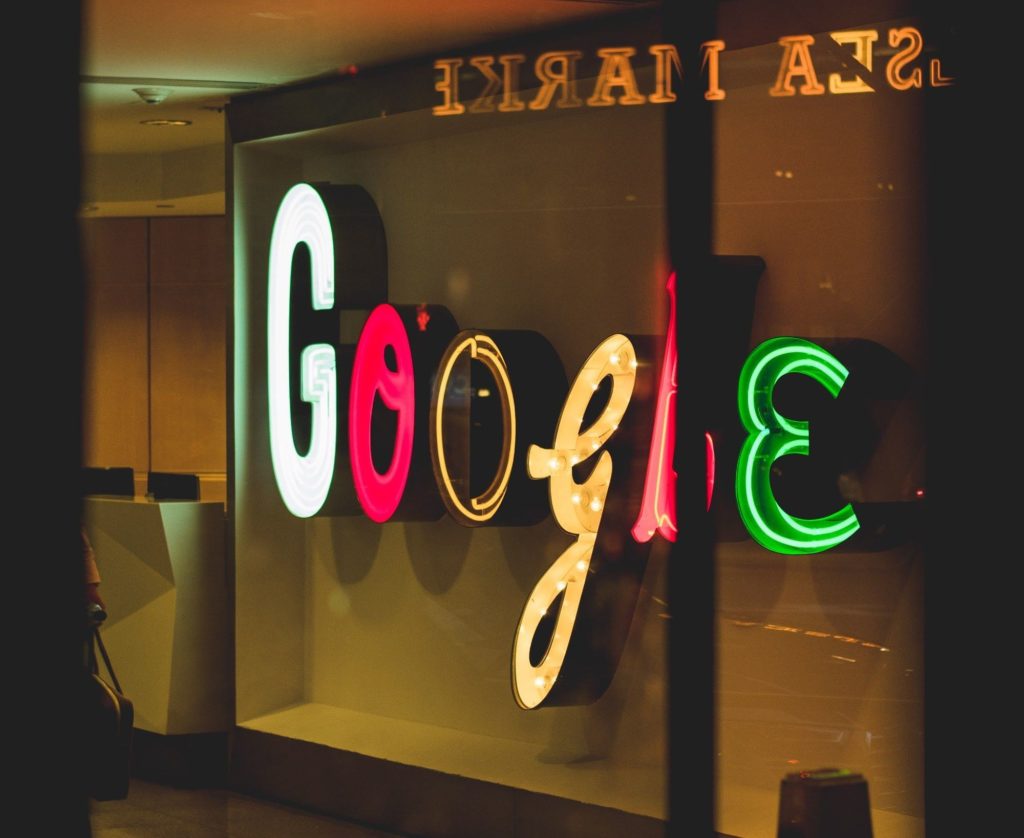The most beautiful, most attractive and best page on the Internet is of no use to you if the page is not found. And that currently means on the Internet that your page must be so search engine optimized that it is listed on Google among the first hits. Otherwise you will disappear further and further on the back pages.
But the SEO basics are not principles that have existed for decades but are subject to a constant flow. What Google demands today, you can learn here.
Table of contents
The SEO basics - from searching and being found on the web
A few years ago, it was still enough for the Search engine optimizationif you could fit as many keywords as possible in as little space as possible. Phrases like "You are looking for pizza in Berlin, then order your Berlin pizza now to your front door" were clearly written only for algorithms. Google has long since realized this and such a high density of search terms ensures devaluation. Texts must be written for people. Content is King also applies to search engine optimization.
Of course, this does not mean that search terms have completely disappeared, only that they should be used in a humane density and where they count. These are structuring subheadings, headings and URL.
First of all, you need to know what your (potential) users or customers are looking for. Research tools help you to first find out what users are looking for in a product or service. Users are not always experts in the subject matter, and for many amateur do-it-yourselfers, a square timber is a beam. This must be taken into account when creating the text.
Reaching for boosting through placed ads on Google can be a good gimmick to boost organic reach above just search results. But it should never be the tool of choice. Search engine optimization is more important than search marketing in the long run, which doesn't mean paid ads shouldn't complement optimization. It's just that you need to find the balance.
Security and structure
Google (this also applies to other search engines, but due to the high number of users, we will talk about Google here for the sake of simplicity) likes security and likes structures. Pages that have SSL certificates and thus guarantee Google's users appropriate protection receive a better ranking than those with damaging potential. After all, users save the negative experience as a mishap when Googling, and the search engine giant naturally wants to avoid that.
A page structure that is easy to navigate and easy to read by machine is also a tool for search engine optimization. Such a page structure can be easily created as a drawing without much practice. A hierarchical tree leads from a page to the corresponding subpages - this can also be built piece by piece. From the main pages to the subpages.
Not only Google appreciates such clarity in structure and navigation, but also the users of a site want to understand how they should move through the pages.
The structure also includes internal linking, this is especially important because Google does not provide ranking signals for every subpage. So your page must be able to do this independently.
On Page - the optimization is on your side
There are several things that count away from the plain text content on your page that will give you a real boost in search results.
This includes, for example, the creation of meta descriptions that are individually tailored for each page. In addition, texts should be updated regularly, Google likes fresh content, for example in the form of a website blog. If the texts are then structured by subheadings, all the better. After all, they should allow people to immediately grasp them when briefly scanning for relevant content. Again, as with all other SEO tools, create a site for humans, not machines. Google has long seen through the cheapest tricks like keyword spamming.
Also essential part of the optimization is the media content. Keep in mind that you want your site to be viewed on the go. This means not only the need for Responsive Design, but also the scalability of images. Gigantic photos and video intros are accordingly not a good idea, a certain minimalism is required.
Every bump on your page also reduces the average time your users spend on your site. After all, why should they bother with a poorly structured, slow-loading website when the competition does it better?
And Google also looks very closely at the dwell time. If people like to stay on your site for a long time, Google sees that as a sign of quality. And it upgrades you.
Confirmation from outside - become quotable
We all like it when people talk about us in a positive way. That not only boosts self-esteem, but also awareness. And that's exactly how Google sees it when it comes to websites.
SEO happens not only on the page itself, but also in the vastness of the World Wide Web. If your site is linked to other sites, Google sees that as a sign of quality. Others may quote you as an expert, give you a positive testimonial, or cite you as the answer to a question.
It is no longer every single link that counts; Google is also working on learning to distinguish quality from quantity here. Obscure Reddit forums are therefore less relevant than high-quality news articles.
Should you want to deliberately set external links as part of your SEO strategy, make sure that they lead to the most relevant page on your website and that you use different anchor texts.
A social media presence is also becoming increasingly important. If you are active on Facebook, Twitter and Instagram, this will not only help you build your own brand, but also your search engine ranking. Just show the search engines that you are active and engaged.
Understand SEO as a tool for people
Google's rules of the game are an exciting field and are constantly changing. The rules and basics for SEO are thus changing quasi constantly, because of course Google tries to sort out the black sheep and prevent abuse of the algorithm.
What you can do to really optimize your site for the future actually has less to do with Google. A well-optimized page must be easy to use, it must be logically structured, it must give users a quick and competent overview of the content, and it must be kept up-to-date.
In turn, this also leads to external mentions and to the fact that users like to consume the content of the page, which in turn increases Google's ranking. Adjusting screws such as optimization for keywords, research into the exact habits of users and the placement of search engine advertising are then (almost) just the icing on the cake.
Image source: unsplash.com

